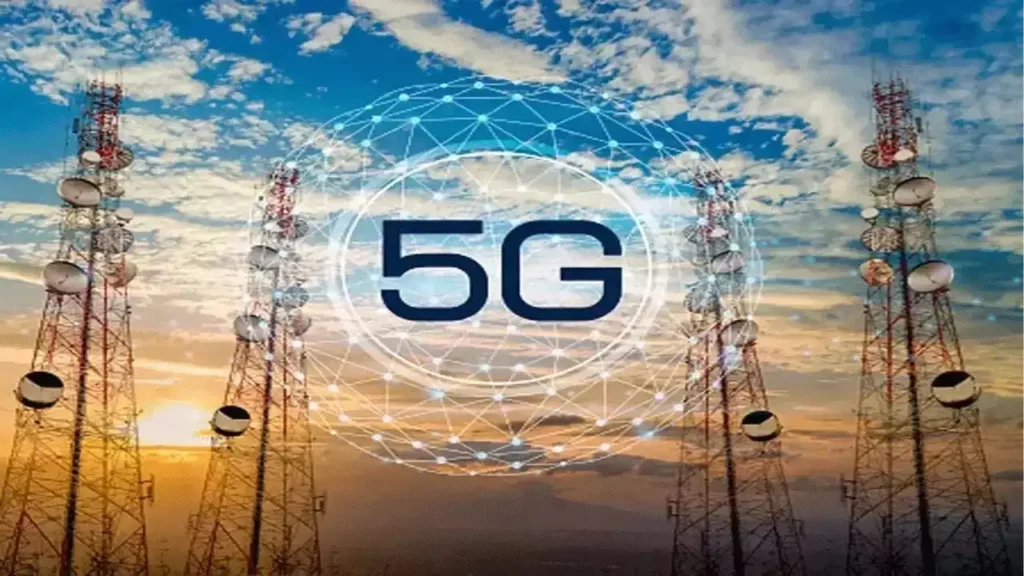Why Top 9 VoIP Features are a Game-Changer for Small Businesses in 2025!
Effortless Communication: Reliable Digital landline with Crystal Clear Calls and Advanced Features. Effortless Communication: Reliable Digital landline with Crystal Clear Calls and Advanced Features. Ever missed a vital sales call because you were on your mobile, and another client tried to ring? This means every missed call is a missed sales opportunity. The higher the rates of missing customer service calls, may lead to the higher the churn rates. Or perhaps you’ve worried that your business looks small because calls go straight to your personal voicemail. Most common communication challenges whilst trying to compete with big companies are a real challenge, especially for all small business owners in the UK. Customers today expect a swift, professional response to their initial query, which can build trust, brand loyalty, leading to higher customer satisfaction and a positive brand reputation. They don’t want to wait on hold or get a constant busy tone. This is where a modern phone system can help your business punch above its weight. In using the traditional copper-wire phone network (the old PSTN infrastructure completely relies on old copper wires), the existing network is being switched off for good by Openreach by the end of January 2027, and thousands of businesses face a deadline to upgrade. This isn’t a headache; it’s a golden opportunity. Switching to a Voice over Internet Protocol (VoIP) system isn’t just about getting a new phone line—it’s about the addition of advanced features that can transform how you operate your business communication on a large scale. Ofcom (2024) says that over 70% of UK businesses of all sizes will use a VoIP phone system as their primary tool of communication by the end of 2025. This shift away from legacy copper wire-based telephone systems is reflected in modern VoIP features because of cost savings, greater flexibility, larger capacity, and smarter functionality. Yet, there are so many providers available in the market, and it’s hard to find the best VoIP providers UK business for unified communication and domestic use. Whether you’re at the culmination of trust-building with a customer’s call, making a compelling offer, want to close deals faster, working remotely, reiterating a sales pitch with other team members virtually, or jumping on calls on virtual team collaboration, every phone call, and message should be perfect. Understanding your customers’ needs without resorting to gaps in communication for business and the workplace can help streamline your business processes. But which VoIP features are getting? Let’s cut through the jargon and look at the top 10 features that will make a supportive business environment and likely help your biggest frustration with being online in your business. Relatively less-sizeable firms are often able to provide one-to-one level service with their more personal approach, which could make them establish enriching relationships, pulling in sales orders in a restrictive market structure. Most micro-sized firms can’t afford to fully dedicate sales staff to carry out sales calls, so the small sales team makes cold calls to their prospects, which is a lot easier and more effective. Whereas large corporations are able to set up great infrastructure to serve customers. They have skilled receptionists and highly classified call centres. A small firm can find it hard to match that professional, round-the-clock, multilingual call attendant. When a potential customer calls your business. Instead of hearing your mobile ring out, they get a clear, professional greeting: “Thank you for calling ABC Gardens. Please press ‘one’ for sales or press ‘two’ to talk to our customer service agent for enquiries.” This is an Auto-Attendant. It makes your one-person operation sound like a fully-staffed office. It helps callers get in the right direction without you lifting a finger. If you are busy on another call, a Call Queue can hold the caller in a line, playing music or a helpful message. This simple feature captures leads for your growing your customer base; otherwise, you would lose them and show customers a negative impression of your business. The days of being tied to an office desk are over. The shift to remote and hybrid work means your phone system needs to be as flexible as you are. A traditional phone system keeps your business number stuck in one building. That’s where VoIP business phone plans UK service & IP phone features come into play. With a VoIP phone system, your business landline lives on your smartphone. You can make and receive calls from your official business number wherever you are—at home, on a train for luxury tours, or at a supplier’s warehouse. Your customers see your professional number, not your private one. This bottom-up communication encourages your well-organized team to make effective use of unique VoIP features from any location. Unlike traditional landlines, a VoIP phone system unifies your communications across voice, video, and messaging, all within one system. Using a VoIP phone system, businesses can: Lower costly monthly service fees by replacing per-line charges to make voice, video calls, and send messages. Most cost-conscious organisations are able to cut 75% communication expenses. Eliminating costly hardware system installation budgets and line rental fees. A single integrated system allows you to make voice and video calls, videoconferencing calls, and send messages to multiple numbers. The latest features of the IP phone system are designed to help empower remote and hybrid work environments. Business hours routing, automatically send calls to voicemail or another number after 6 PM or on weekends. It ensures no call gets missed. Streamlines and enhances customer service efficiency into integrated systems, i.e., call forwarding, pre-recorded voicemails, call routing, and call recording. Your VoIP Business Phone Plans UK Should Be Your Smartest Employee! If you run a small but growing online shop from your address in Manchester. An important supplier is on call on your mobile, finalising a big order. At the same time, a new customer tries to call with a query about a product. If they get a busy tone. A few minutes later, another customer leaves a garbled voicemail you can’t fully














